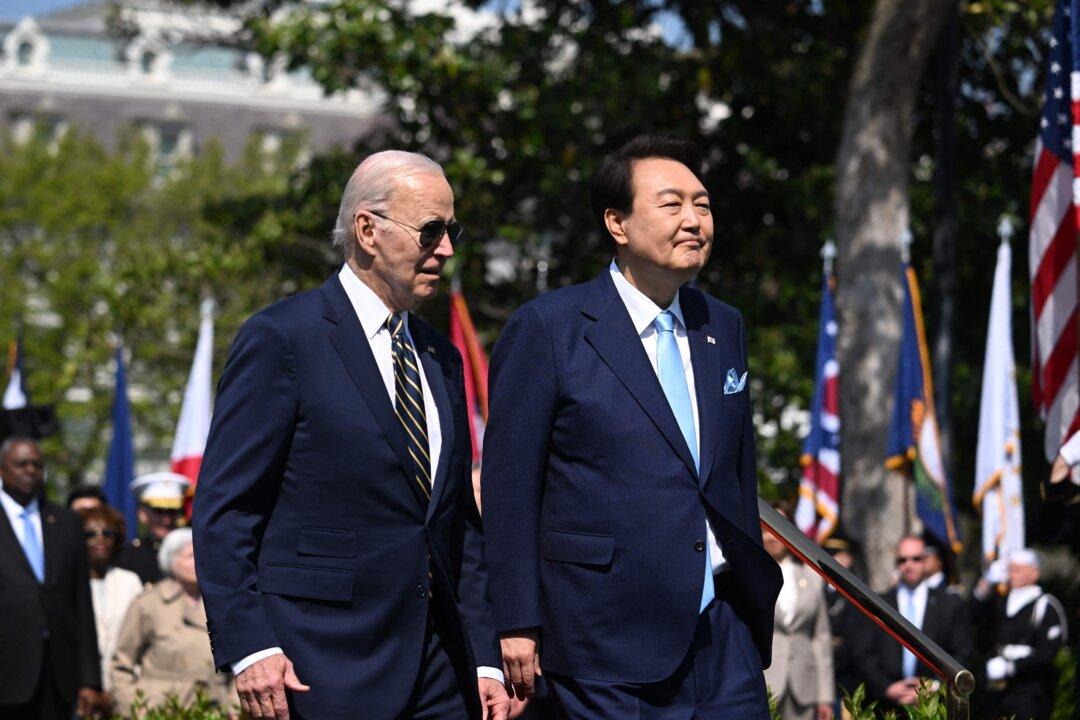Commentary
An NBC Meet the Press special on May 14 presented a war game conducted by the Center for a New American Security (CNAS), a Washington-based think tank. On the surface, the game appeared to “educate” its audience. However, looking deeper into the messages delivered, “education” was not its purpose.





